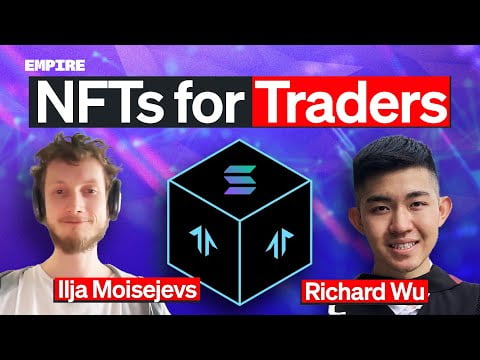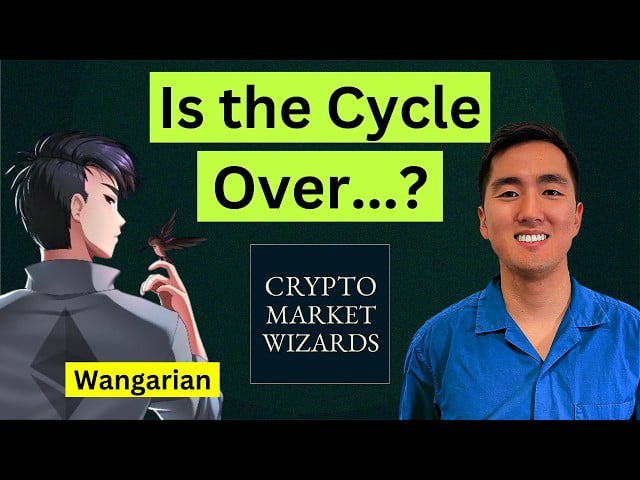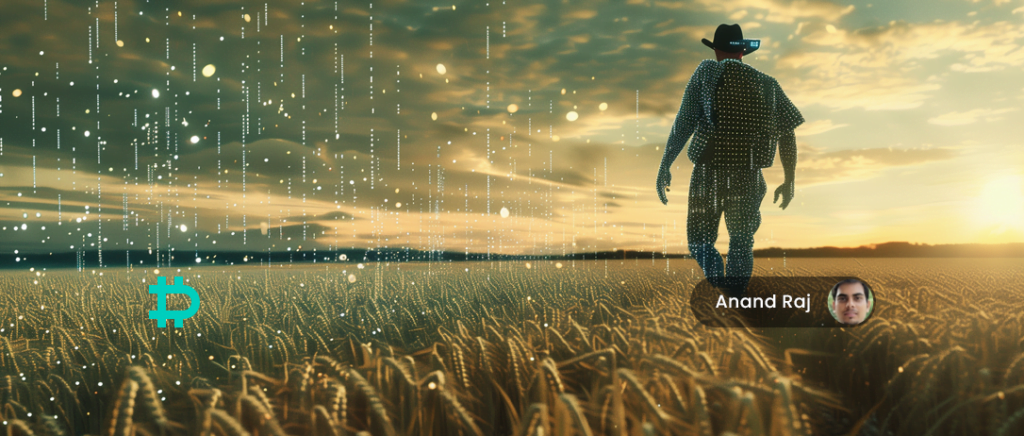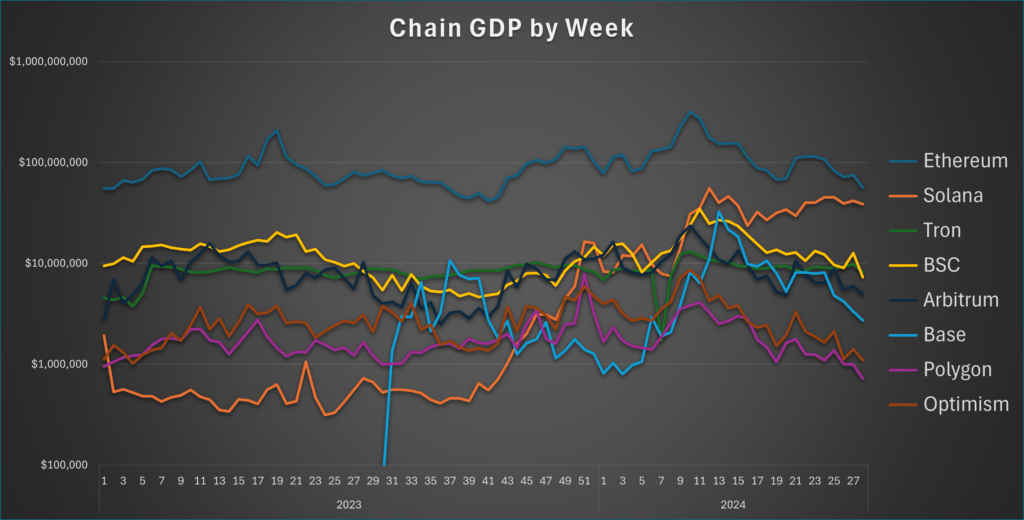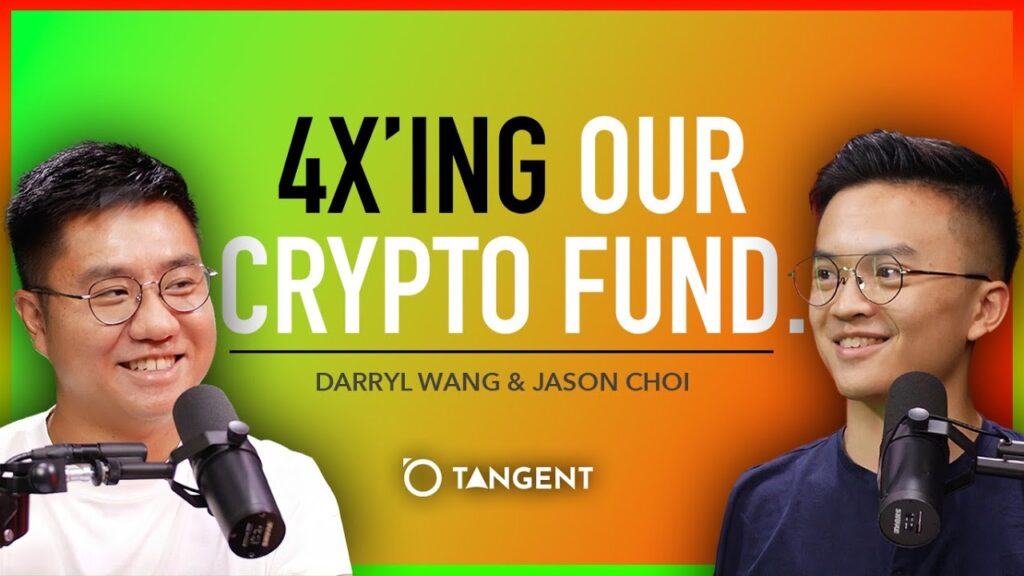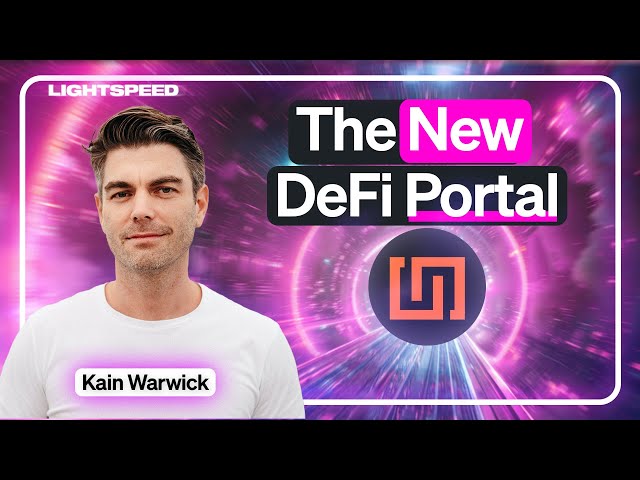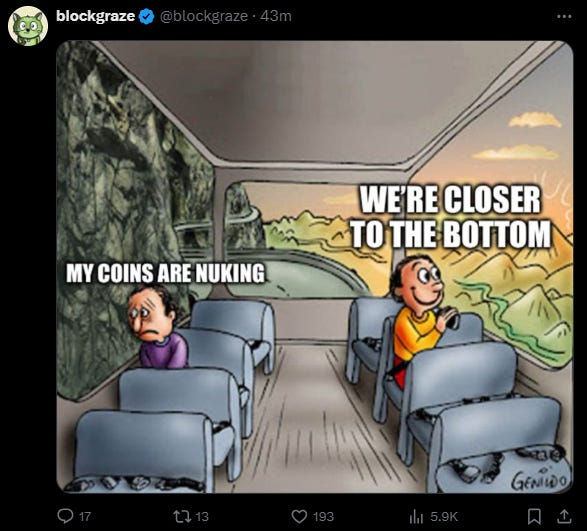Podcast Summary
In this podcast, the co-founders of Tensor, Ilya and Richard, discuss their journey of building a unique NFT marketplace on Solana. They share their experiences, challenges, and the vision of becoming the financial stack for NFTs on Solana. They also discuss their plans to invite developers to build on their platform and the potential of NFTs to tokenize real-world assets.
Key Takeaways
Tensor’s Journey and Vision
- Origins and Pivot: Tensor was founded by Ilya and Richard, who met online during the COVID crisis. They initially built a pricing Oracle for NFTs on Solana but pivoted to an NFT marketplace when they found no market for their original product.
- Why Solana: The founders chose Solana for its speed, global accessibility, and vision to become the NASDAQ of the blockchain world, despite the challenges of handling large amounts of data and lack of documentation.
- Tensor’s Vision: Tensor aims to become the financial stack for NFTs on Solana, with plans to build financial primitives and capitalize on the potential for tokenization and financialization of various assets.
Product Differentiation and User Engagement
- Product Differentiation: Despite competition in the NFT marketplace space, Tensor focused on building a differentiated product that was 10x better for professional traders, with strong data infrastructure and real-time data delivery.
- User Engagement: The turning point for Tensor was when they started seeing real traction and increased user engagement, indicating that their product was resonating with the market.
Future Plans and Potential of NFTs
- Developer Engagement: Tensor plans to open up their protocol to invite developers building on Solana to leverage their platform and become the fundamental protocol for NFT financialization on the network.
- Tokenization of Real-World Assets: The hosts express excitement about the potential for NFTs to tokenize real-world assets like cars and houses, and the need for financial infrastructure to support this.
Challenges and Resilience
- Challenges: The founders considered moving to other chains or even pivoting away from NFTs entirely due to the challenges and negative perception surrounding Solana after the FTX incident.
- Resilience: However, they decided to stay focused on Solana and continue building, believing in the verticalized approach of building the best product on one chain rather than spreading themselves thin across multiple chains.
Building on Solana
- Advantages: The low fees and fast transaction speeds on Solana attracted users who were looking for a more affordable and efficient alternative to Ethereum. The simplicity and integration are key advantages of building on Solana.
- Improvements Needed: The developer experience and tools for building smart contracts on Solana can still be improved, especially for those coming from the EVM space. The Solana community is still maturing and needs to focus on reliability and resilience as the ecosystem grows.
Sentiment Analysis
- Bullish: The overall sentiment of the podcast is bullish. The founders of Tensor express optimism about the potential of NFTs, the capabilities of Solana, and their vision to become the financial stack for NFTs on Solana. They also express excitement about the potential for NFTs to tokenize real-world assets.
- Bearish: There are some bearish sentiments expressed regarding the challenges faced while building on Solana, including the lack of documentation and the need to handle large amounts of data. The negative perception surrounding Solana after the FTX incident is also mentioned.
- Neutral: The hosts maintain a neutral stance when discussing the need for improvements in the developer experience and tools for building smart contracts on Solana, and the maturing of the Solana community.

